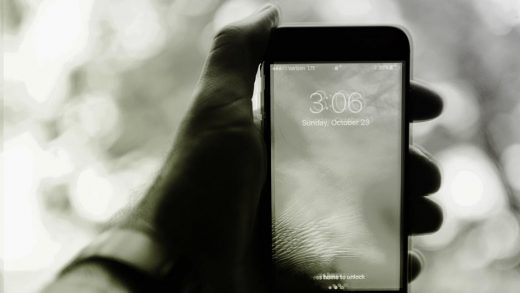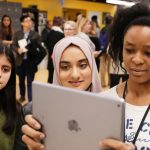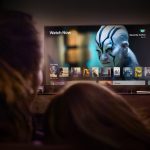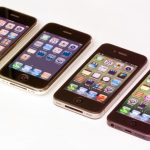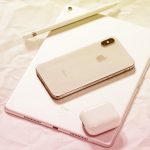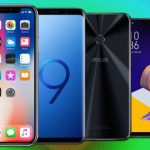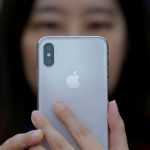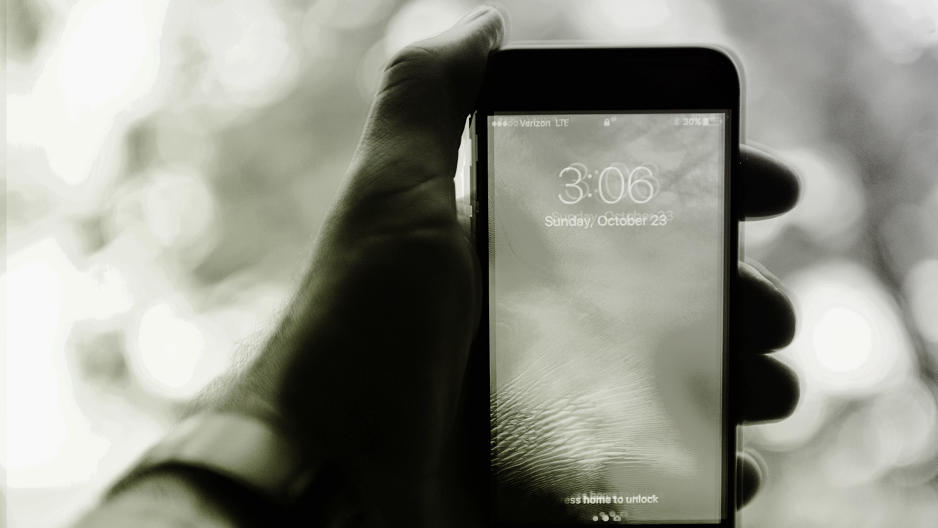Apple Is Researching How iPhones Can Be Used To Monitor Parkinson’s Patients
Many patients with Parkinson’s disease only see their doctor every six months or so. That’s a problem as symptoms might have improved or worsened between visits, which might mean that they’re on the wrong dose of medication for months at a time.
Apple is internally conducting research into whether its devices, the iPhone and Apple Watch, can be used to passively monitor data in real time on the well-being of patients suffering from the disease, three sources tell Fast Company. And it is hoping to build an evidence base to demonstrate the effectiveness of mobile monitoring.
This effort is being overseen by Stephen Friend, the people say, who joined the iPhone maker from Sage Bionetworks, a nonprofit that provides tools for biomedical research. Apple declined comment when asked about the research.
Sage has been a high-profile partner for some of Apple’s ResearchKit, HealthKit, and CareKit applications. It developed an app with the University of Rochester to gather real-time data from Parkinson’s patients to understand how the disease impacts daily life. One research target involved measuring the severity of the disease by analyzing the changes in the voice of Parkinson’s patients.
Bay Area-based neurologist Diana Blum says there are quantifiable metrics that can be tracked to shed light on a patient’s condition, making these approaches highly promising.
“You could use mobile technology to monitor tremors and slowness—and maybe even stiffness and balance, but that’s more complicated,” says Blum. Some of people with Parkinson’s that Blum treats aren’t “tremor predominant,” and would be harder to track through a smartphone. But for other patients, monitoring the severity of their tremors and their walking speed through sensors embedded in the phone could be an important window into their condition between visits.
Apple is not the only technology company that is exploring how mobile technology can be used to diagnose and monitor Parkinson’s disease. Samsung was also working on a research device for several years, according to one of the people, but it’s not clear whether that effort is ongoing. And Verily, formerly Google’s life sciences arm, acquired Lift Labs’ Liftware spoon, which is self-stabilizing for those with hand tremors. Life sciences giant Roche is also using smartphones—in this case, a Samsung Galaxy S3 Mini—to gather data on participants in a Parkinson’s disease clinical trial between site visits.
Fast Company , Read Full Story
(27)

